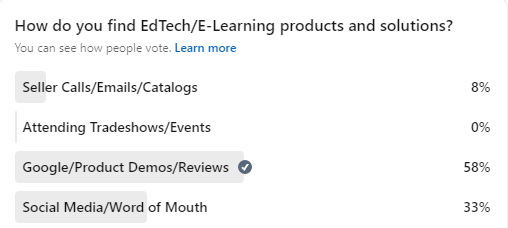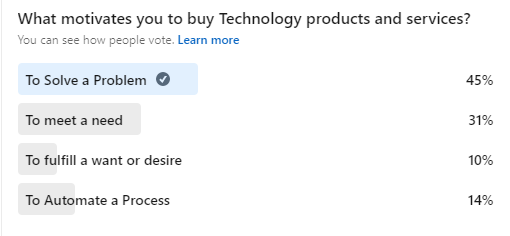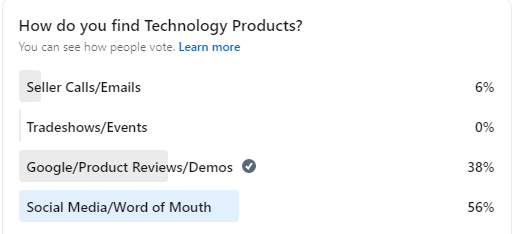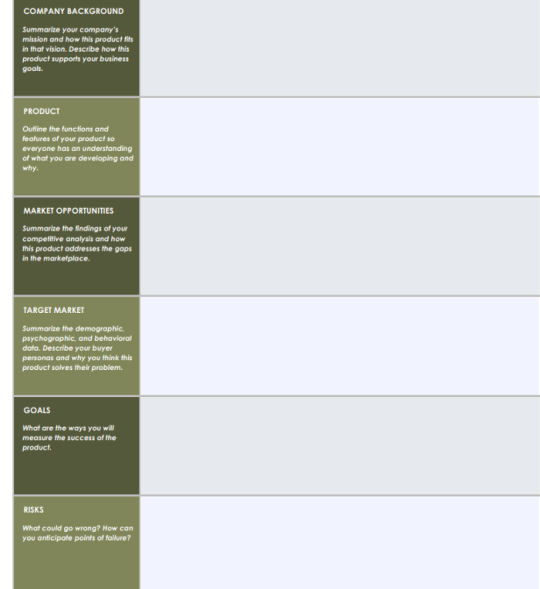Insights from Digital Summit
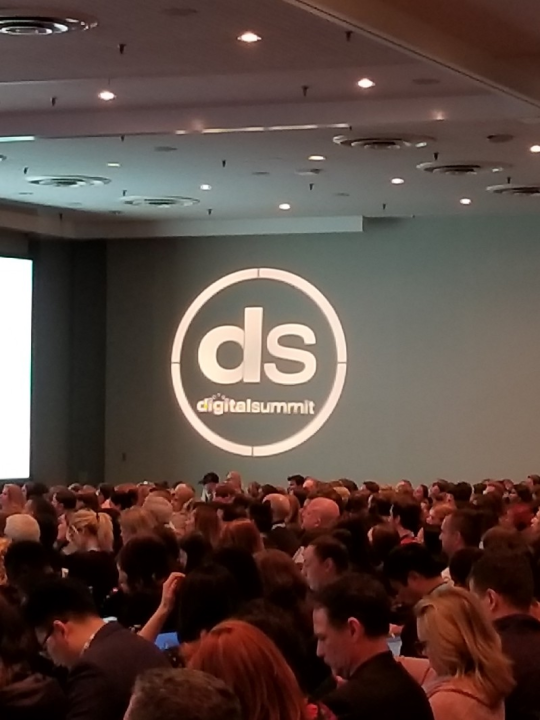
I covered the Digital Summit Series in New York City this past Wednesday and Thursday. The Digital Summit Series provides attendees with comprehensive workshops on Digital Marketing that are conducted by speakers from leading brands along with industry through leaders. Topics ranged from Content, Email,Search, Mobile, UX Design, Social and Strategy. Attendees were also able to network with other attendees. I learned so much over these two days. Here are some of the highlights.
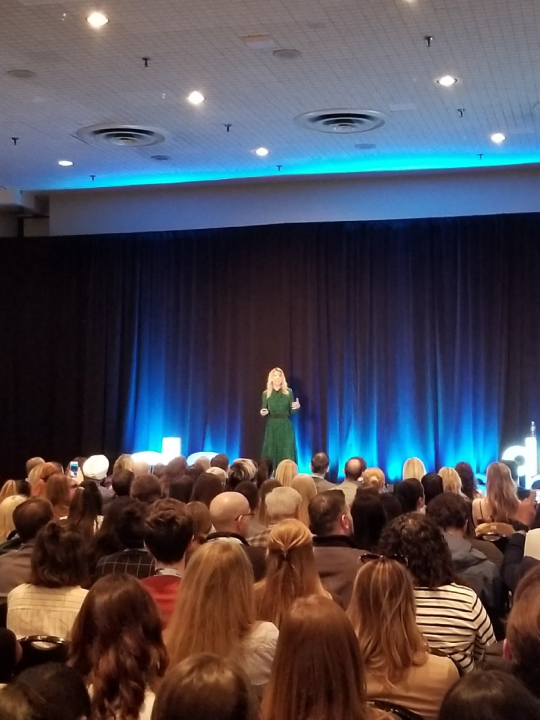
Stacy Minero delivered the keynote on Day One of Digital Summit entitled the Craft of Content in which she show how Brands can make an impact using Content.
1.Key takeaways were that Consumers want Brands to talk with them and not at them.
2. Consumers want Brands to take a stance on Social Issues.
3. Consumers expect Brands to solve social problems.
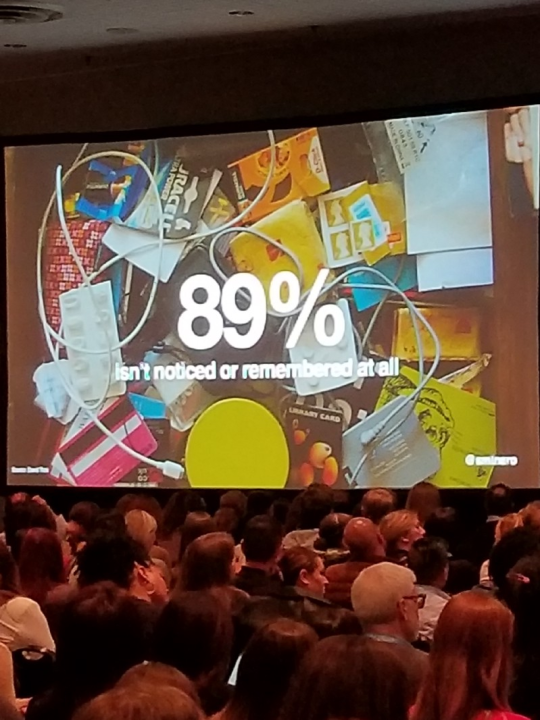
4. 89% of Content is not noticed at all
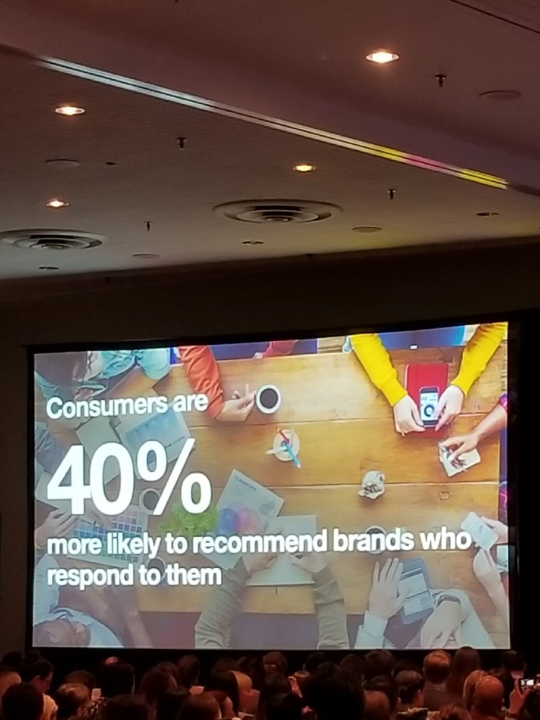
5. 40% of Consumers are more likely to respond to brands who respond to them
6. The old world started with Storyboards and TV now The new world starts with the customer and canvas.
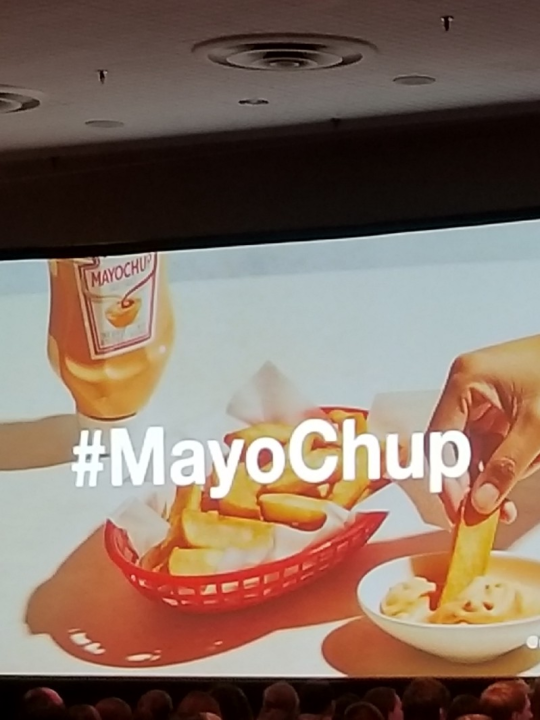
7. Examples of Brands Creating Great Content include Heinz with the #MayoChup campaign and HBO with with its promotion of the digital streaming of Sopranos.
8. Before posting content Brands need to ask if the content they create is memorable or meaningful.
The keynote gave me a lot to think about.
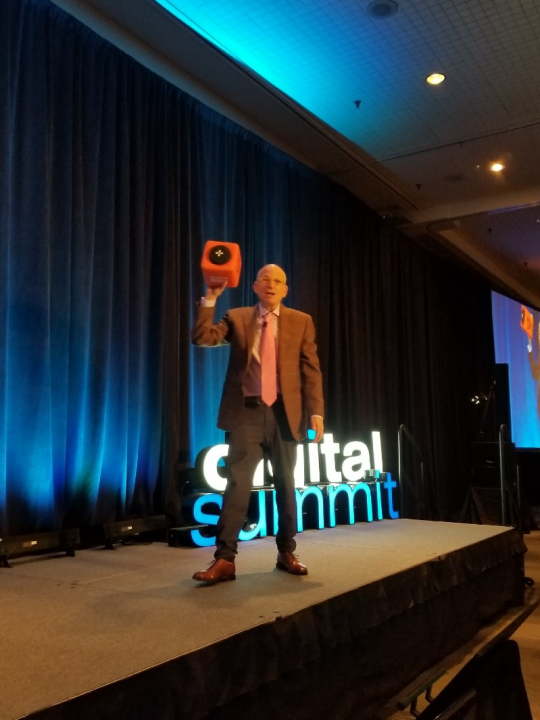
Seth Godin gave the keynote entitled This is Marketing on Day two. In the keynote Seth covered many great points on Marketing from his book This is Marketing.
- Marketers make change Happen.
- Pick Yourself.
- Tell a story that resonates with the people you seek to serve.
- Pick the Smallest Most Viable Audience or Most Viable Market
- Marketing is not advertising anymore
- Television is about Mass Marketing and the Internet is a micro-medium
Seth also had an interactive Q & A session. He had a Poke the Box style Mic with the caption Catch the box; which he randomly tossed in the audience prompting them to to ask questions.
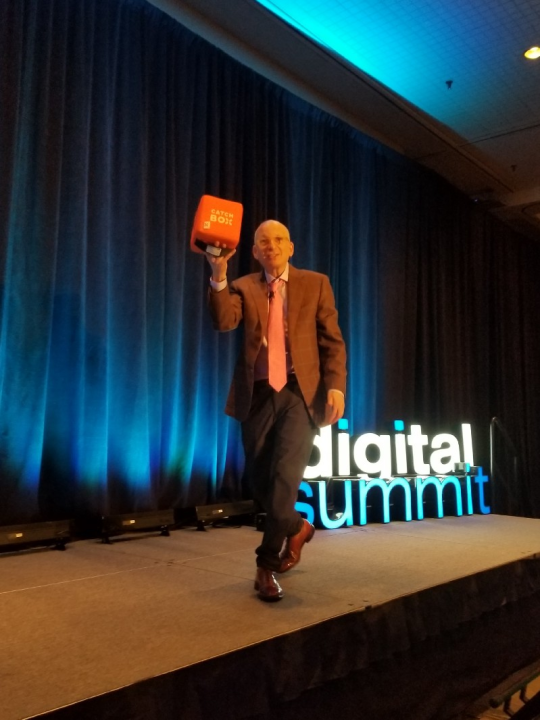
I really enjoyed the talk.
Other sessions that I enjoyed were on the topics of improving: Email Marketing, Marketing Workflow, B2B Marketing and Video Marketing. Pictures of these slides will be posted to Instagram.
If you want to attend in your city, click here for more information.
Did you attend Digital Summit? What are your thoughts?
Comment below.
Bonus Content

